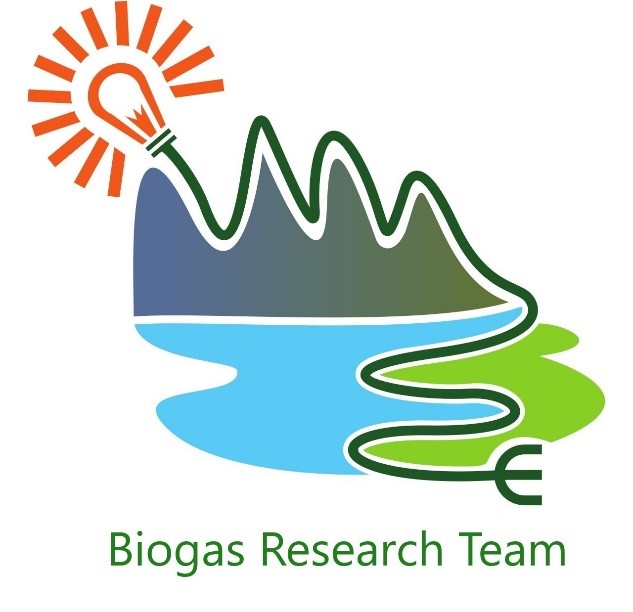Team news
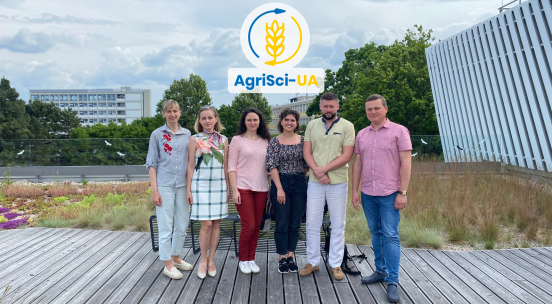
Empowering Academics in Ukraine: The AgriSci-UA Project 2023
Cooperation within projects aimed at capacity building and collaboration between CZU and selected partner universities in Ukraine has a long-standing tradition, which has managed to persist even in the current unfavourable situation caused by the war. Not only was the AgriSci-UA project successfully implemented in 2023, but the platform also expanded to include one more partner. The State Biotechnological University is also now a member, joining the Ukrainian partner universities of Sumy National Agrarian University, Sumy State University, Bila Tserkva National Agrarian University, and Dnipro State Agrarian-Economic University.

Seizing Opportunities for Professional Development: My Internship with SUEZ in France
To broaden and develop the professional skills of our team members and widen their scientific network and cultural experiences, the BRT encourages its students to embark on internships. These internships are connected to their scientific journey and enable them to have hands-on, practical and in-field experiences, which are critical to their future careers. The internships help to hone their communication, time management, teamwork, problem-solving, and leadership skills, all of which are highly valued assets in young scientists.
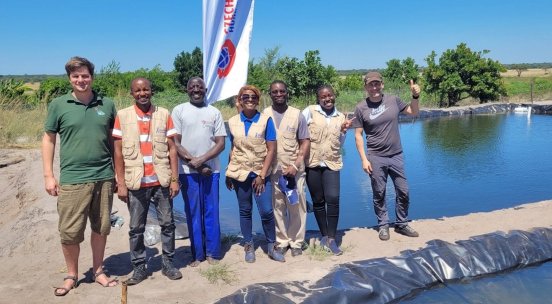
Linking aquaculture and small-scale biogas technology in Zambia
The Project 'Through Biogas Technology to Increase the Resilience of Communities in the Western Province of Zambia' unlocks unlimited potential. In Zambia, the population is faced with the unavailability and scarcity of energy resources, and most people depend on unsustainable energy practices. The responsibility for collecting traditional resources (charcoal, firewood) is, in most cases, borne by women and girls who often cannot devote themselves to education and/or other self-realisation activities.
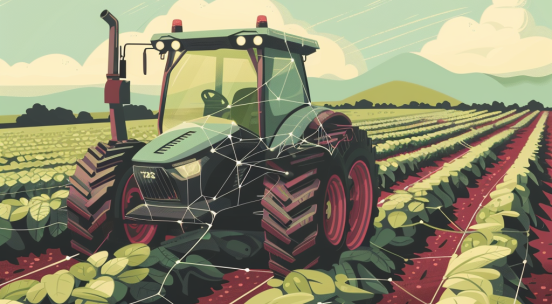
Policy Paper Advocating for Legislative Reform in Autonomous Agricultural Technologies
The Agri Policy lab has released a new innovation-focused Policy Paper 2024/07, titled "Automation in agriculture as a direction for Czechia?" The paper underscores the transformative impact of field robots on efficiency, productivity, and sustainability within the agricultural sector and signals a need for modernizing Czech agriculture by advocating for legislative reforms that unlock the true potential of autonomous technologies.
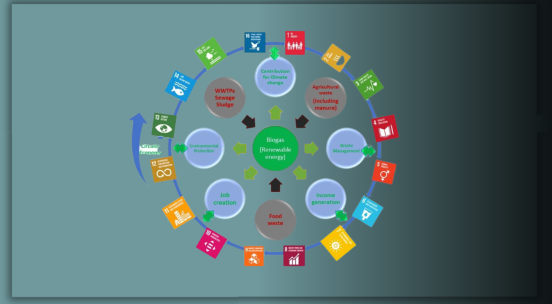
BRT Popularization Series - Sustainable Development in Ethiopia: Biogas Solutions for Energy Challenges
The young researchers of the Biogas Research Team (BRT) are diligently working to increase the visibility of the success and potential of bioenergy sources across the globe. From Indonesia to Vietnam to Ethiopia and beyond, their efforts to highlight the impact and importance of incorporating renewable energy technologies are creating change worldwide.
With this popularization series, we aim to showcase the impact of our research on renewable energy in strategic countries around the globe.
Enjoy reading the research article below by our Ph.D. student, Tewodros Tarekegn Lapiso!
The adoption of small-scale biogas technology in Ethiopia holds significant promise for advancing Sustainable Development Goals (SDGs) while addressing the country's pressing energy and environmental challenges. Ethiopia faces a critical need for sustainable development inputs across various sectors. Despite its abundance of natural resources, including fertile land and favorable climatic conditions, much of these resources remain untapped and underutilized.
Recognizing the need for sustainable energy solutions, Ethiopia has initiated efforts to transition towards green and modern energy sources. Biogas technology presents a viable solution, however, the widespread adoption of biogas technology in Ethiopia remains limited. To address this gap, BRT PhD student Tewodros Tarekegn Lapiso, is assessing the constraints and challenges hindering the dissemination of small-scale biogas plants in Ethiopia. By aligning with the countries SDGs and the circular economy framework, his research seeks to provide recommendations for overcoming barriers to adoption and maximizing the technology's contributions to sustainable development.
For a deeper dive into Tewodros Tarekegn Lapiso’s research and its implications, refer to the article below!
Lapiso, T.W. (2024). Small-scale biogas technology and Sustainable Development Goals in today´s Ethiopia. Biogas Research Team. Retrieved from:

PG2CRM Project Meeting in Lisbon – Paving the Road Ahead
The PG2CRM (Phosphogypsum Processing to Critical Raw Materials) project meeting, hosted by the NOVA School of Science and Technology (NOVA University Lisbon) in Lisbon, Portugal from March 19-20, 2024 marked a collaborative effort aimed at exploring the potential of comprehensive use of phosphogypsum while addressing environmental concerns.

